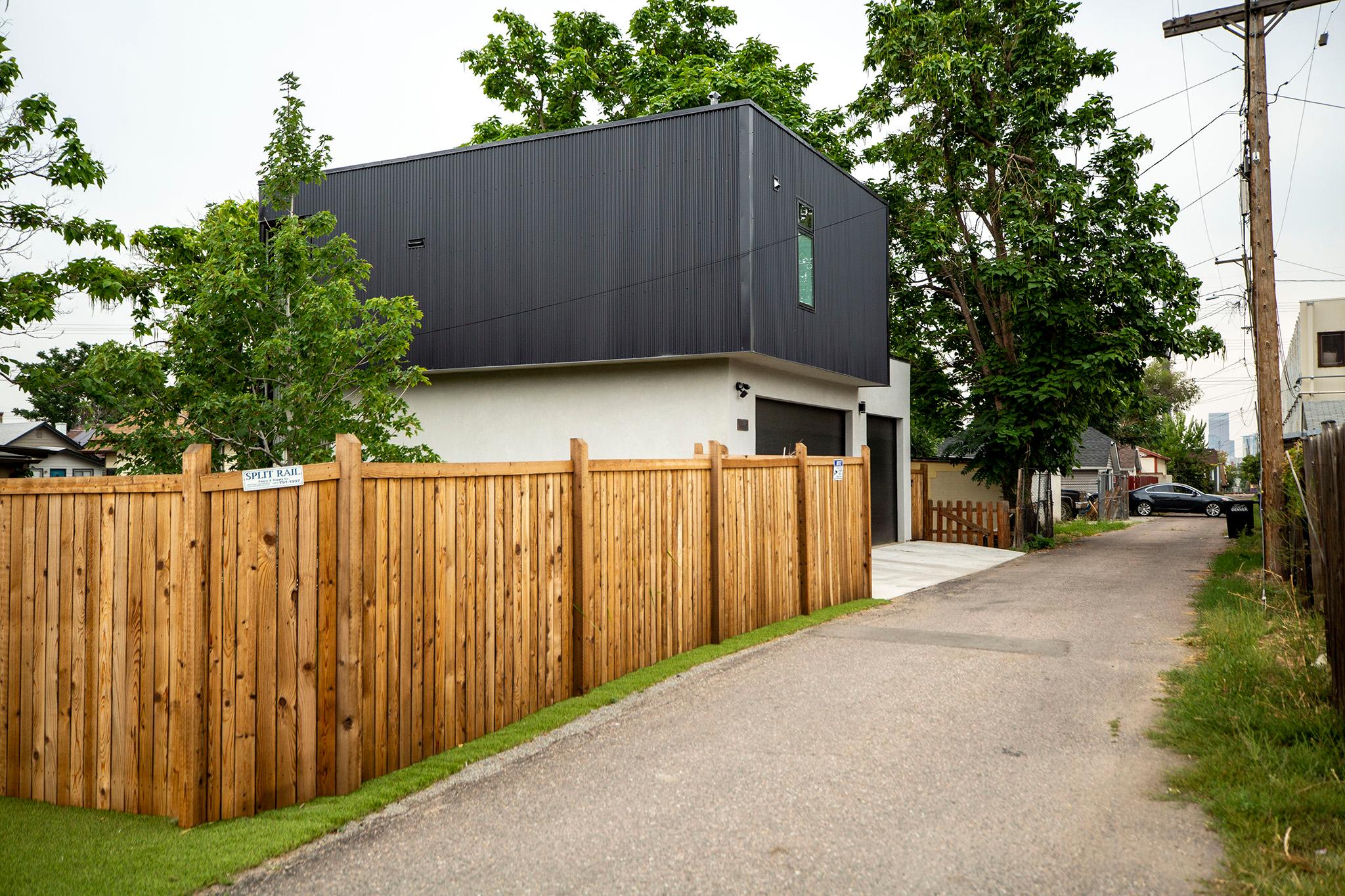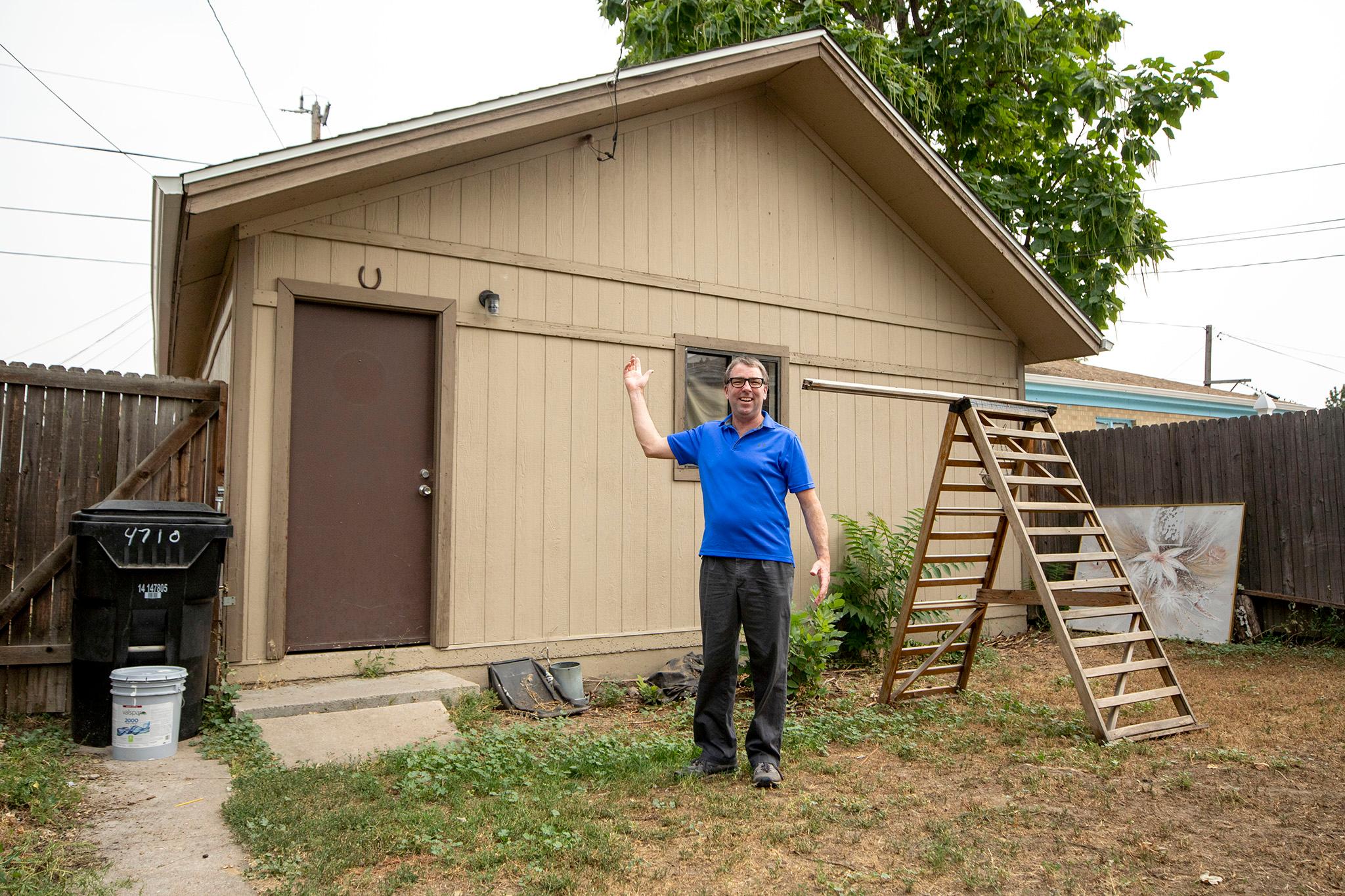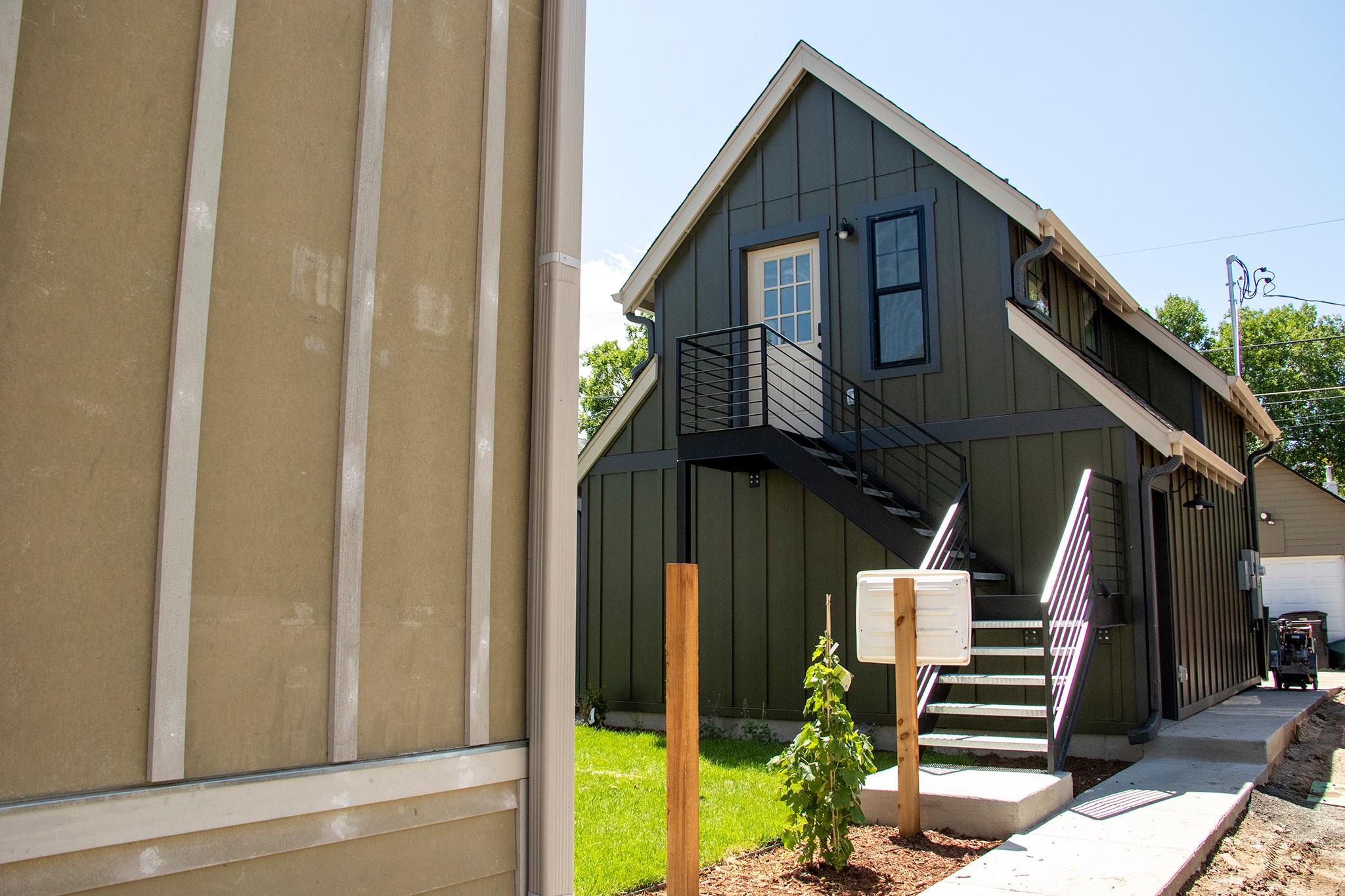In December, East Colfax became the newest neighborhood to be completely rezoned to allow residents to build accessory dwelling units, or ADUs, on their properties.
During the city council meeting that approved the change, several members voiced concerns about whether ADUs would be used predominantly for short-term rental leases.
So, we looked into it. And yes, some ADUs are being used for short-term rentals, but not that many.

Let's start with some numbers.
According to city data, there are approximately 2,185 active short-term rental licenses. Since 2016, 227 ADUs have been approved, according to Community Planning and Development. Out of those 227 finished ADUs, less than 40 are being used as short-term rentals, or about 16%.
Renting ADUs, whether long- or short-term, is part of the city's 20-year plan for how Denver should look, feel and grow. ADUs are meant to help curb gentrification and displacement.
"ADUs are used for a lot of different things," said Laura Swartz, the communications director for the planning department. "Renting them out is absolutely an option that people choose and that can be really helpful for people who want to stay in their homes...but are facing higher costs of maintaining and keeping that home. Having an option where you can generate some rental income from your property, can help somebody continue to afford their own housing costs."
It's unclear how many ADUs are being used for long-term rentals because the city previously didn't require landlords to have a rental license. That rule was changed in May and will happen in phases, starting with early licensing available in March.

Now, to the rules.
An ADU can be used for short-term rentals, but only if the property owner lives in the main home.
And "you cannot live in the ADU and then Airbnb your main home," Swartz said. "Whether the ADU is a basement you've converted, or you've built it in the backyard. You have to live in the main dwelling unit."
That's sort of how short-term rentals rules work, too. You can't rent your home or a room on places like Airbnb and VRBO unless it's your primary residence.
You can have a short-term rental license for an ADU and a room in your main dwelling unit, but you can't rent them out at the same time. That's also an established short-term rental rule.
More and more people are requesting and receiving ADU permits. In 2019, the city issued 71 permits, it's highest number since 2010. The numbers dipped in 2020, 54 permits, but increased in 2021 with 64 permits.
And more neighborhoods are being zoned for them. The first neighborhood that could legally build ADUs was Chaffee Park, followed by Sloan's Lake. Similar proposals are in the works for Villa Park, Barnum and Barnum West.
As the city continues to look toward ADUs as a housing solution, it's also looking to streamline the application process.
Swartz said an ADU committee in CPD is in the works. The committee, comprised of community members and officials, won't discuss ADU rezoning but will focus on "how they are designed, how they fit in with different types of neighborhoods and block patterns, and how updates to the zoning code may reduce barriers to creating ADUs."
"We have about 70 to 80 applications from people who want to serve on the task force," Swartz continued. "We're in the process now of getting that committee together and making sure people are still interested in participating. We expect that committee to start meeting in the spring."
Correction: This story misstated the role of the the ADU committee and when landlords will be required to have a long-term rental license. We've fixed the errors.
Kevin Beaty contributed data analysis to this story.













